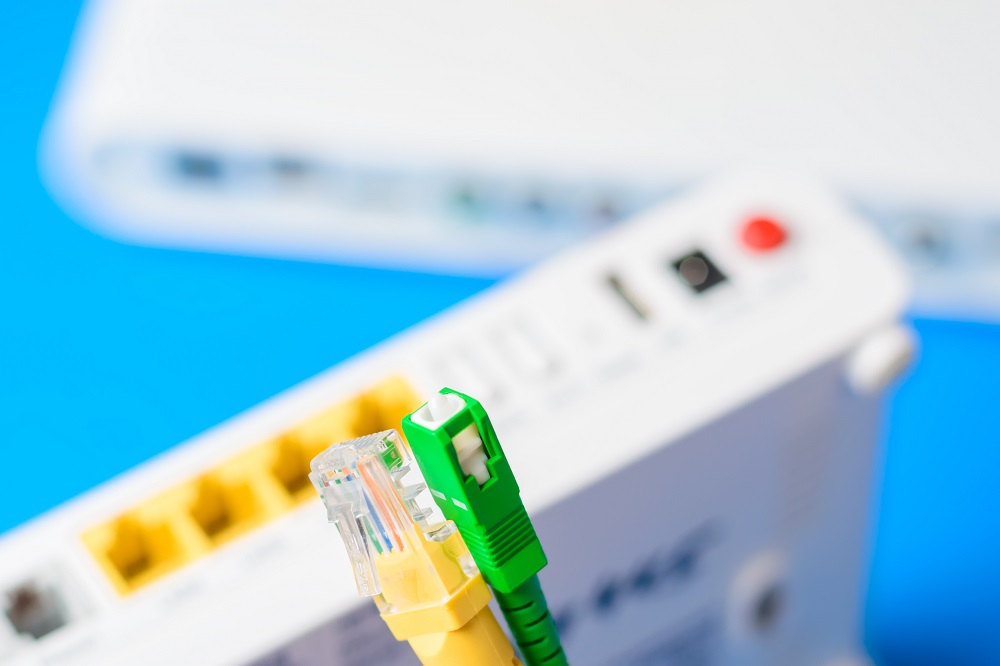Technology
5 Reasons Your Internet Keeps Disconnecting and How to Fix It


It is a no-brainer fact that losing your Internet without an apparent reason is a spoilsport. This modern inconvenience sadly affects everyone; sometimes, it tests our patience, and it’s a matter of great frustration when it occurs. Because these issues come in random, the causes are quite hard to know, and the time it comes is difficult to predict. But the good thing about it is, it is possible to know where to look at.
1. Your WiFi signal is unreliable
Misplacements of your modem or router may be one of the causes why your WiFi is disconnecting. Austin Aguirre, a broadband technician, says, “If you’re too far from your router, your Internet may cut in and out as WiFi signals struggle to reach your device. Obstructions between your device and router may also cause intermittent disconnections.”
The Fix: Always install your router where you will use your WiFi often. Peter Christiansen, a computer programmer, says that “Since the WiFi signal goes out in all directions, the best way to make sure that all of the rooms in your house are in the range of the signal is to place the router in the most central location possible. Most modern routers have enough range to cover a moderately sized home if placed near the center.”
2. Too many devices are connected
Take a look at your space and look at the number of users or devices that are connected. This may be one of the many reasons why you are having problems with your internet. “It can have an impact on performance and connectivity. Issues will generally include delayed load times, buffering, latency, and occasionally having to reconnect devices to compete for bandwidth,” says Adrian Snead
The Fix: When you have devices connected to your router yet are not using those devices Parker says that the easiest and quickest way to resolve the poor internet connectivity you’re dealing with is to disconnect those unwanted devices. Another way is to kick out people who have connected to your WiFi by changing your password.
3. Your modem needs to restart
The first thing to try when you experience poor internet connectivity is to reboot or restart your modem. You might have been suffering this inconvenience due to internal programming issues. This is one of the most common reasons you have poor connectivity, and its solution is quick and easy.
The Fix: “If your broadband modem keeps disconnecting from the internet due to such programming issues, the same can be fixed by restarting the modem.” According to Radharenu Ganguly an engineer, “This fix also occasionally works for any connection issue between a broadband modem and a router. Thus, restarting the devices can most likely fix a cable modem or router issue.” He adds. By restarting your modem and letting it cool for a minute or two then you are giving the device a time to rest which it needs.
4. You’re getting radio interference in your area
According to Aseem Kishore, founder of Help Desk Geek, “Most of us place our WiFi routers next to our cordless phones, Bluetooth devices, and smart TVs, which causes all these different signals to interfere with one another and eventually result in signal dropping. If you’ve ever wondered why your phone stops getting WiFi when you’re next to the microwave, say hello to radio interference.”
The throughput of WiFi access points and users may be reduced, resulting in delays and performance deterioration due to radio interference. Living in an apartment complex or condo is also one of the many other reasons since everyone has a WiFi router nearby that they use.
The Fix: The best way to resolve this matter is to change your WiFi channel. According to Sam brown, a radio engineer, “Using applications such as WiFi Analyzers helps you determine which channels are being used the most, and the least that is being used is the channel you can use.” Adding, “In general, moving to the 5 GHz band is a far better option for WiFi in apartment complexes where there may be hundreds of access points running on the extremely popular 2.4 GHz band but just a small number doing so at 5 GHz.”
5. You may need new equipment
Despite the restarts and repositioning of your modem, the problem remained unsolved. Unfortunately, as sad as it may sound, you might need to consider upgrading your equipment by purchasing new ones. Christen Costa, CEO of Gadget Review says, “old routers become less and less compatible with newer services.” “You might discover it works after a reset, but eventually, you’ll need to acquire a newer router”.
There are further reasons why you keep on losing your WiFi connection, and even though you did your best trying to resolve the matter, changes are yet to be seen. In that situation, you may need to contact your Internet Service Provider.














